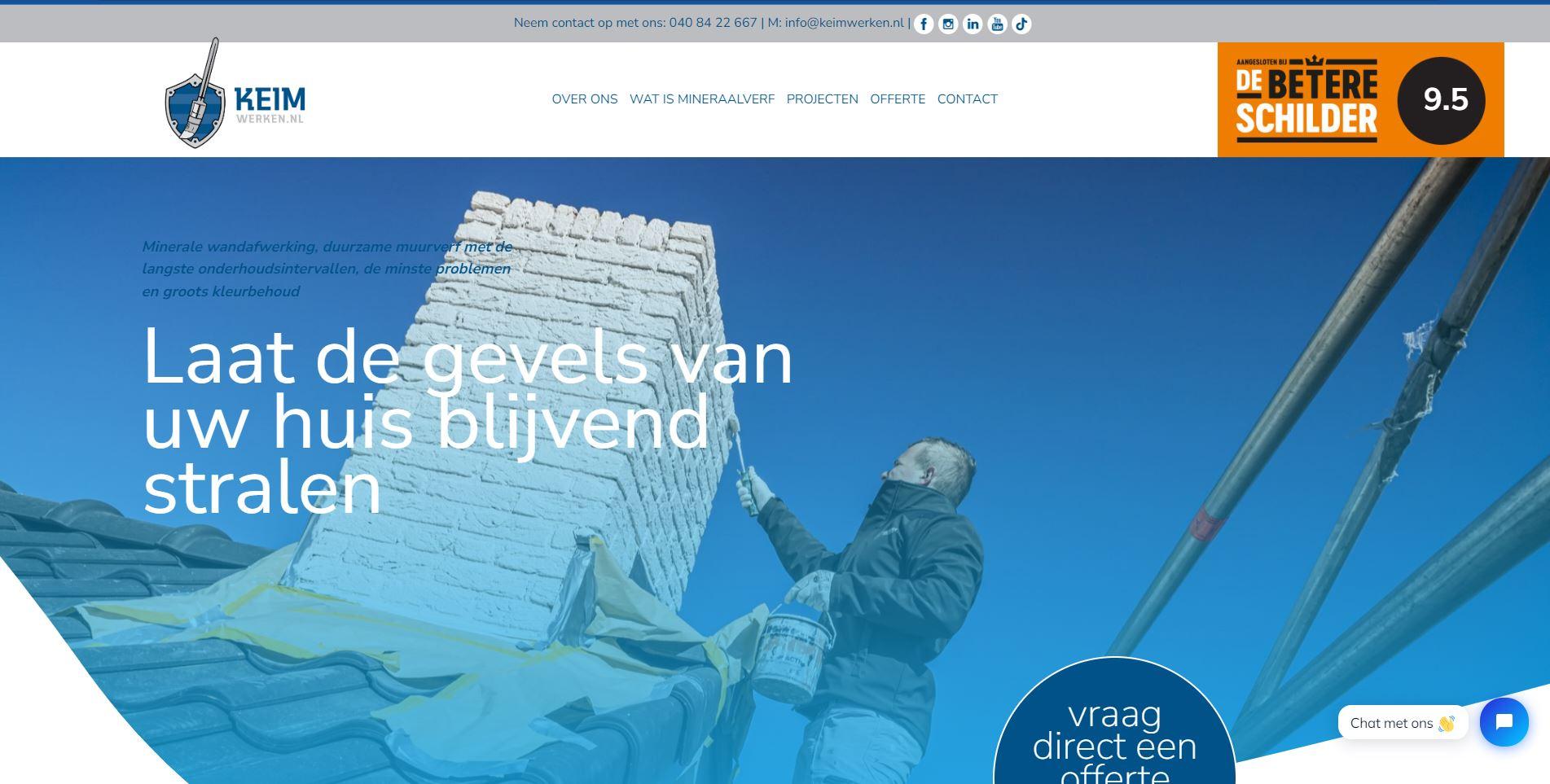In today’s digital landscape, creating content that not only captivates your audience but also ranks high on Google’s search engine results pages (SERPs) is paramount. Search engine optimization (SEO) plays a pivotal role in ensuring your articles gain the visibility they deserve. In this article, we’ll delve into the strategies and techniques that will empower you to write articles that not only resonate with readers but also climb the ranks on Google. Let’s dive in and unlock the secrets to successful article writing!
Crafting Articles that Resonate: A Step-by-Step Approach
Understanding the Power of SEO
In the vast realm of the internet, SEO acts as a guiding force that helps your content reach the right audience. Mastering the basics of SEO is essential to lay a solid foundation for your article’s success. By comprehending the intricacies of keyword research, you’ll be equipped to strategically optimize your content.
Crafting Captivating Headlines
The gateway to your article’s success lies in its headline. A well-crafted headline not only grabs attention but also encapsulates the essence of your content. By infusing emotional appeal and incorporating relevant keywords, you can create headlines that allure both readers and search engines.
Keyword Integration and Placement
Strategically sprinkling keywords throughout your article is akin to planting seeds that grow into a bountiful harvest. Placing keywords in crucial areas such as subheadings and meta descriptions can significantly impact your article’s discoverability.
Crafting Engaging and Informative Content
Quality reigns supreme in the realm of content creation. Crafting informative, valuable, and engaging content not only keeps readers hooked but also enhances your chances of earning backlinks and social shares.
Formatting for Readability and SEO
The formatting of your article plays a pivotal role in enhancing readability and SEO. Properly structured content, featuring bullet points, subheadings, and relevant links, creates an immersive reading experience.
Mobile-Friendly and User-Centric Approach
As mobile searches surge, tailoring your content for mobile devices is imperative. By creating responsive designs and prioritizing user experience, you can ensure your content reaches a wider audience.
Length and Depth of Content
The eternal debate between long-form and short-form content continues. Striking the right balance and providing in-depth analysis can establish your authority in the field while catering to different reader preferences.
Voice Search Optimization
With the rise of voice-activated devices, optimizing for voice search is a new frontier. Adapting a conversational tone and incorporating long-tail keywords can put you ahead in this evolving landscape.
Regular Updates and Evergreen Content
Keeping your content fresh and relevant is vital. By updating existing articles and creating evergreen content, you establish a library of resources that continue to attract readers over time.
Social Media Amplification
The power of social media in amplifying your content cannot be underestimated. Integrating social sharing buttons and actively engaging with your audience can lead to increased visibility and engagement.
Measuring and Analyzing Performance
Utilizing analytics tools to measure your article’s performance provides valuable insights. By tracking keyword rankings and user engagement, you can refine your strategies for optimal results.
The Impact of Backlinks
Backlinks serve as endorsements of your content’s credibility. Cultivating high-quality backlinks through ethical practices like guest posting can significantly enhance your article’s authority.
Conclusion
Crafting articles that rank in Google requires a multifaceted approach that balances SEO techniques, engaging content creation, and user-centric strategies. By mastering the art of SEO, understanding your audience, and consistently delivering value, you can rise through the ranks of search engine results and establish a strong online presence.
FAQs
- Q: How long does it take for an article to rank on Google? A: The timeline for ranking can vary based on factors such as competition, keyword difficulty, and the quality of your content. Generally, it may take a few weeks to a few months to see significant results.
- Q: Can I use the same keywords in multiple articles? A: Yes, you can use similar keywords across multiple articles, but ensure that each article provides unique and valuable information to avoid duplicate content issues.
- Q: Is voice search really that important for SEO? A: Yes, as voice-activated devices become more prevalent, optimizing for voice search can help you capture a growing audience segment and improve overall SEO performance.
- Q: How often should I update my evergreen content? A: It’s recommended to update evergreen content at least once a year to ensure it remains relevant and accurate.
- Q: What are some effective ways to build backlinks? A: Building relationships with other content creators, guest posting on reputable websites, and creating high-quality, shareable content are effective strategies for building backlinks.






